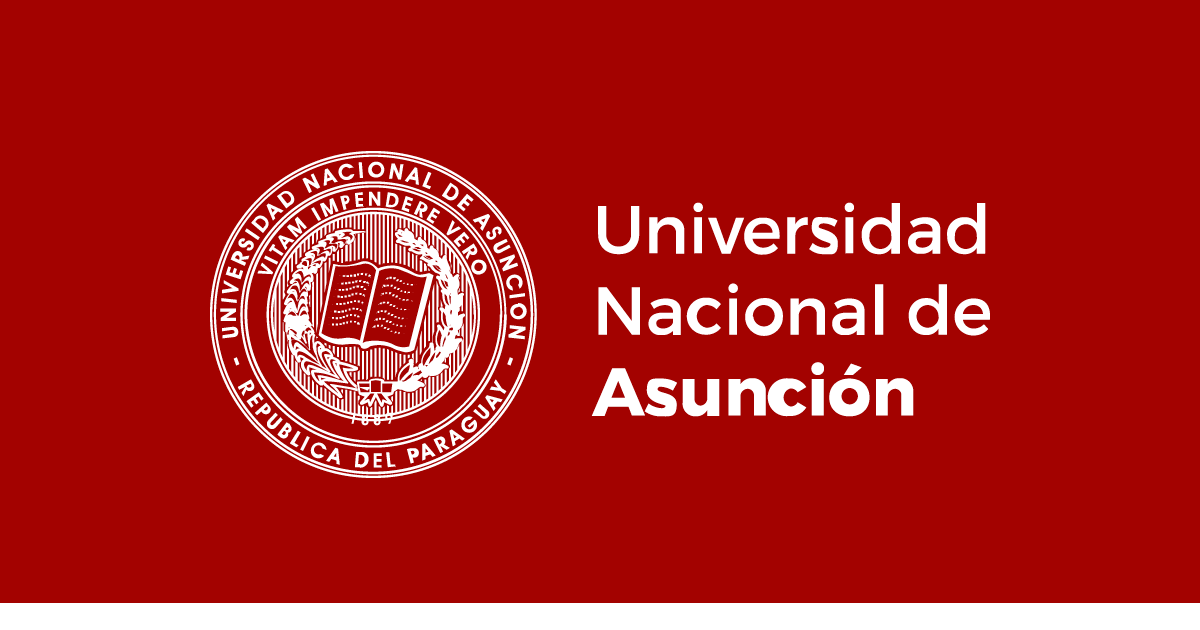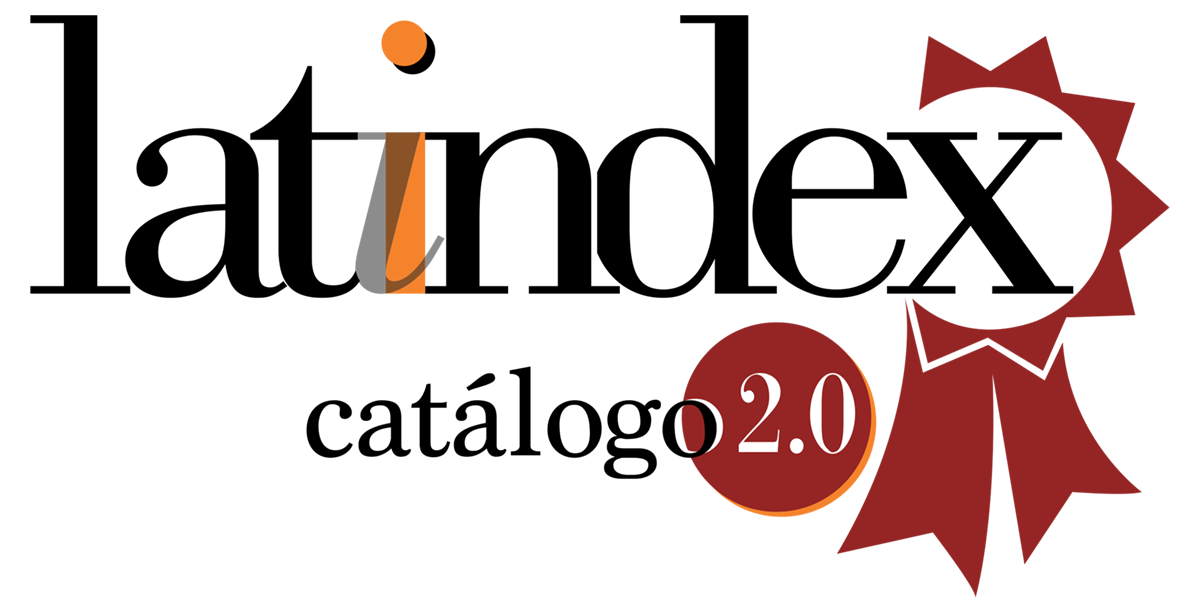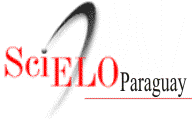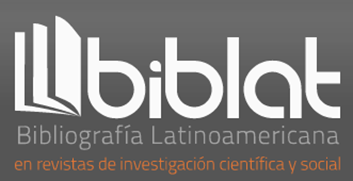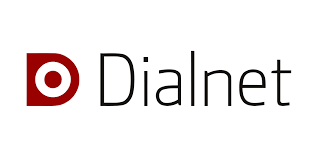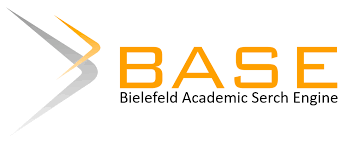Ética, equidad y transparencia en la modalidad virtual de la educación superior
DOI:
https://doi.org/10.47133/IEUNA22104aPalabras clave:
educación superior, ética, equidad, transparencia, competencia digitalResumen
Los valores como la ética, la equidad y la transparencia son esenciales en el desempeño docente y en el proceso enseñanza-aprendizaje independiente a su modalidad. En un contexto de cambio radical de la presencialidad a la virtualidad surge el interrogante de: ¿cómo afectó este cambio en el desempeño docente? Para dar respuesta se realizó un estudio observacional tomando como población muestral a los docentes de la Facultad de Ciencias Veterinarias de la Universidad Nacional de Asunción (FCV-UNA). La recolección de datos se llevó a cabo por medio de encuestas digitales con preguntas cerradas. La caracterización demográfica de los encuestados corresponde a docentes, de sexo masculino y femenino, de diferentes rangos etarios y que habitan en zonas urbanas y rurales. Se trabajaron con tres dimensiones ética, equidad y transparencia. En la dimensión ética los resultados indican que los docentes en su mayoría se encuentran satisfechos ante el proceso de transición de la presencialidad a la virtualidad. En la dimensión equidad se encontraron opiniones variadas en cuanto a cada tema consultado, por otro lado, en la dimensión transparencia los resultados indican satisfacción en cuanto a las capacitaciones en herramientas virtuales.
Descargas
Referencias
CEPAL/UNESCO (2020). Informe COVID-19. La educación en tiempos de la pandemia de COVID-19. https://www.cepal.org/es/publicaciones/45904-la-educacion-tiempos-la-pandemia-covid-19
García-Gutiérrez, J. (2013). Aproximación ética a la competencia digital. Los niveles de uso y sentido en ámbitos educativos virtuales. Revista Teoría de la Educación: Educación y Cultura en la Sociedad de la Información, 14(3), 121-145. http://campus.usal.es/~revistas_trabajo/index.php/revistatesi/article/view/11354/11771
Gómez-Arteta, I. & Escobar Mamani, F. (2021). Educación virtual en tiempos de pandemia: incremento de la desigualdad social en el Perú. https://doi.org/10.1590/SciELOPreprints.1996
Gómez Santibáñez, G. (2017) La ética del trabajo docente en la Universidad. CIELAC, Centro Interuniversitario de Estudios Latinoamericanos y Caribeños. http://biblioteca.clacso.edu.ar/Nicaragua/cielac-upoli/20170831065505/La-etica-del-trabajo-docente-en-la-Universidad.pdf
Lema Cachinell, B. M. (2020). Claves para el desarrollo de la docencia en la Educación Superior en condiciones de aislamiento y distanciamiento. Revista Scientific, 5(17), 10-17. doi: 10.29394/Scientific.issn.2542-2987.2020.5.17.0.10-17
Martínez Ruiz, X. (2015). Educación virtual: consideraciones éticas y semánticas desde la infoesfera. Innovación educativa, 15(68), 9-14. http://www.scielo.org.mx/scielo.php?script=sci_arttext&pid=S1665-26732015000200002&lng=es&tlng=es
Montero Tirado, J (2016). Transparencia en la educación superior. ABC Color. https://www.abc.com.py/edicion-impresa/opinion/transparencia-en-la-educacion-superior-1493494.html
CONES. (2016). Resolución CONES N° 63/2016 “Reglamento de la Educación a Distancia y Semipresencial”. http://www.cones.gov.py/resolucion-cones-n-632016-reglamento-de-la-educacion-a-distancia-y-semipresencial/
CONES. (2020). Resolución CE-CONES N° 04/2020. Consejo Ejecutivo “Que establece la facultad de las instituciones de educación superior para aplicar herramientas digitales de enseñanza-aprendizaje en el marco de la emergencia sanitaria -Covid-19- dispuesta por las autoridades nacionales”. http://www.cones.gov.py/resolucion-ce-cones-n-042020-consejo-ejecutivo-que-establece-la-facultad-de-las-instituciones-de-educacion-superior-para-aplicar-herramientas-digitales-de-ensenanza-aprendizaje-en-el/
Silvio, J. (2005). Hacia una educación virtual de calidad, pero con equidad y pertinencia. OEA. https://recursos.educoas.org/publicaciones/hacia-una-educaci-n-virtual-de-calidad-pero-con-equidad-y-pertinencia
Publicado
Número
Sección
Licencia
Derechos de autor 2022 Marta Lara, Patricia Criscioni, Leticia Rojas, Heriberto Núñez, Digno Lezcano, María Solesio

Esta obra está bajo una licencia internacional Creative Commons Atribución 4.0.


